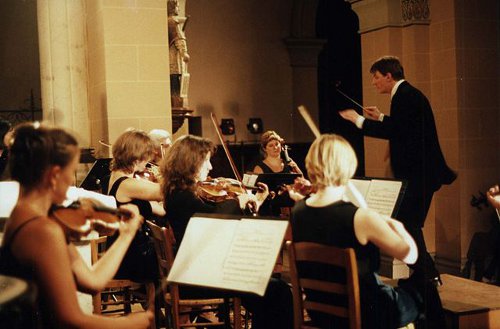
[I]n music, unlike painting, there is no such thing as a forgery of a known work. There are, indeed, compositions falsely purporting to be by Haydn as there are paintings falsely purporting to be by Rembrandt; but of the London Symphony, unlike the Lucretia, there can be no forgeries. Haydn’s manuscript is no more genuine an instance of the score than is a printed copy off the press this morning, and last night’s performance no less genuine than the premiere. Copies of the score may vary in accuracy, but all accurate copies, even if forgeries of Haydn’s manuscript, are equally genuine instances of the score. Performances may vary in correctness and quality and even in ‘authenticity’ of a more esoteric kind; but all correct performances are equally genuine instances of the work. In contrast, even the most exact copies of the Rembrandt paintings are simply imitations or forgeries, not new instances, of the work. Why this difference between the two arts?
— Nelson Goodman, Languages of Art, 1968
